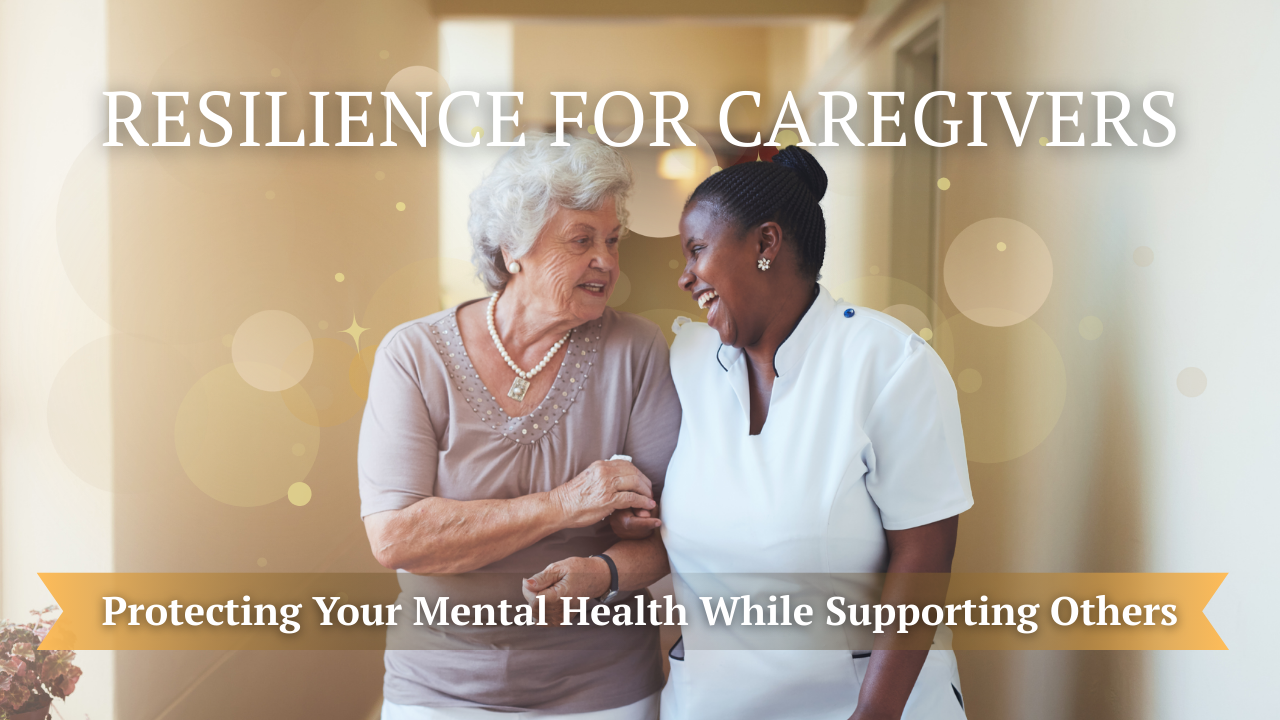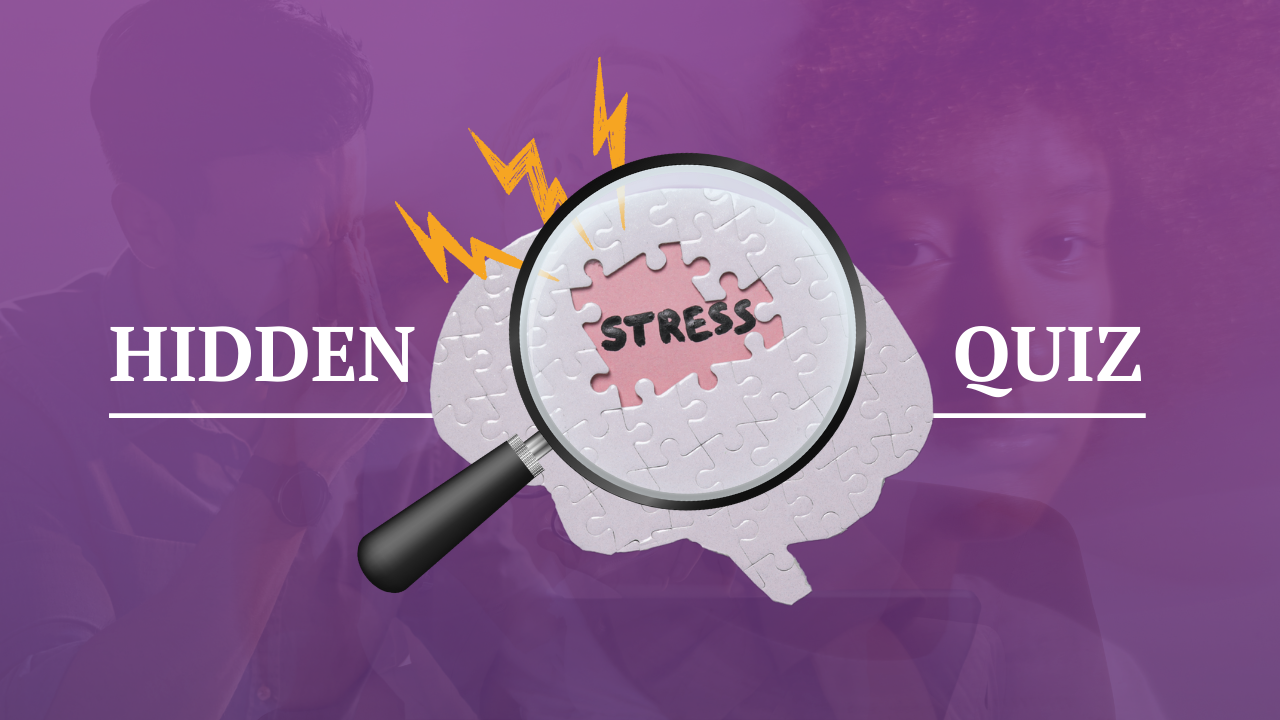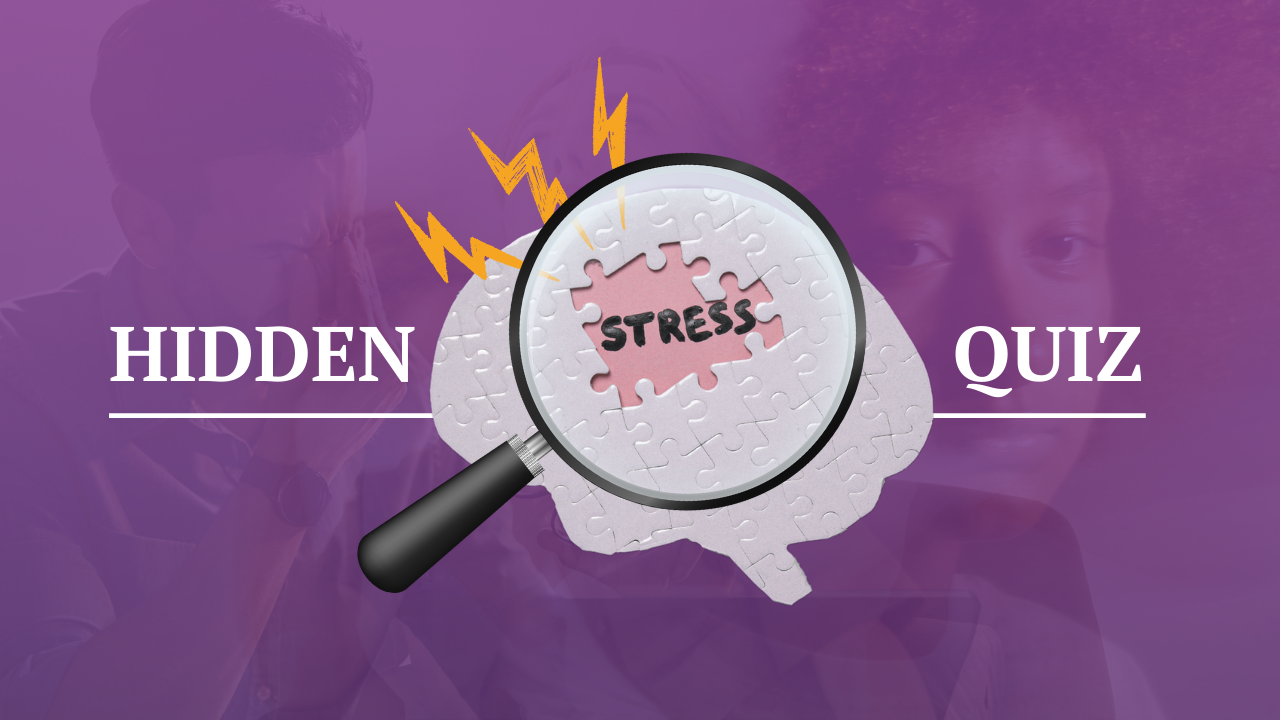Resilience for Caregivers: Protecting Your Mental Health While Supporting Others
May 21, 2025
One of my clients, whom I’ll call Lisa (name changed for privacy), was the primary caregiver for her aging mother while also managing a full-time job. By the time she came to see me, she was exhausted, overwhelmed, and barely holding on.
“I feel like I’m drowning,” she admitted. “I love my mom, but I have nothing left for myself.”
Lisa’s story isn’t unique. Caregivers—whether they’re looking after elderly parents, children, or loved ones with medical needs—often put themselves last. Over time, this self-sacrifice can lead to burnout, anxiety, and even serious health problems. But there’s another way. By building resilience, caregivers can protect their own well-being while continuing to show up for others.
Here’s how.
The Hidden Toll of Caregiving
Caregiving is one of the most emotionally demanding roles a person can take on. Studies show that caregivers experience higher levels of stress, depression, and chronic health conditions compared to non-caregivers (Schulz & Sherwood, 2008). Many also suffer from compassion fatigue—emotional exhaustion caused by constant caregiving without adequate recovery (Figley, 2002).
The key to sustainable caregiving? Prioritizing your own well-being as much as you do for others. These three resilience-building strategies can help.
1) Recognize the Signs of Compassion Fatigue
Lisa thought she was just “tired,” but in reality, she was experiencing compassion fatigue—a state of emotional and physical depletion common among caregivers.
Why It Works:
-
Identifying compassion fatigue early prevents full-blown burnout (Bride et al., 2004).
-
Awareness allows caregivers to seek support before exhaustion sets in.
How to Use It:
-
Watch for red flags like emotional numbness, irritability, frequent illness, or feeling detached from loved ones.
-
Keep a stress log for a week—note your mood, energy levels, and any physical symptoms.
-
Acknowledge that your well-being matters too—not just the person you’re caring for.
Try This: If you recognize signs of compassion fatigue, take one small step today—whether it’s scheduling a break, talking to a friend, or setting a boundary.
2) Prioritize Recovery Time—Even in Small Doses
Lisa believed that if she wasn’t actively caregiving, she was failing her mother. But just like an athlete needs rest to perform well, caregivers need recovery time to sustain their energy.
Why It Works:
-
Even short breaks help restore emotional and physical energy (Sonnentag & Fritz, 2015).
-
Engaging in enjoyable activities lowers stress and prevents burnout (Newman et al., 2014).
How to Use It:
-
Schedule mini-recovery moments—even 5–10 minutes of quiet time can help.
-
Find one small daily ritual just for you (reading, stretching, listening to music).
-
Give yourself permission to pause without guilt—rest is essential, not selfish.
Try This: Set a reminder on your phone to take one intentional break per day—step outside, drink tea in silence, or listen to music that soothes you.
3) Build a Support System: You Can’t Do It Alone
Like many caregivers, Lisa felt guilty asking for help. But resilience isn’t about doing everything alone—it’s about knowing when to reach out.
Why It Works:
-
Studies show that social support lowers caregiver stress and improves well-being (Pinquart & Sörensen, 2007).
-
Asking for help prevents isolation, which is a major risk factor for caregiver burnout.
How to Use It:
-
Identify one person you trust and share how you’re feeling.
-
Use respite care services or delegate small caregiving tasks when possible.
-
Join an online or in-person caregiver support group for shared experiences and advice.
Try This: If you struggle with asking for help, start small: Ask a friend to check in on you once a week or delegate one minor task to a family member.
You Matter Too
Lisa’s turning point came when she realized caring for herself wasn’t neglecting her mother—it was ensuring she could continue to be there for her. By recognizing her compassion fatigue, making time for small recovery breaks, and leaning on others, she became a stronger, more present caregiver.
If you’re supporting someone else, remember: You are just as important as the person you care for. The more you care for yourself, the more you’ll have to give—without losing yourself in the process.
Which small step can you take today to support your own well-being?
References
Bride, B. E., Radey, M., & Figley, C. R. (2004). Measuring compassion fatigue. Clinical Social Work Journal, 32(2), 293-312.
Figley, C. R. (2002). Compassion fatigue: Psychotherapists' chronic lack of self care. Journal of Clinical Psychology, 58(11), 1433-1441.
Newman, D. B., Tay, L., & Diener, E. (2014). Leisure and subjective well-being: A model of psychological mechanisms as mediating factors. Journal of Happiness Studies, 15(3), 555-578.
Pinquart, M., & Sörensen, S. (2007). Correlates of physical health of informal caregivers: A meta-analysis. Journals of Gerontology Series B: Psychological Sciences and Social Sciences, 62(2), P126-P137.
Schulz, R., & Sherwood, P. R. (2008). Physical and mental health effects of family caregiving. The American Journal of Nursing, 108(9), 23-27.
Sonnentag, S., & Fritz, C. (2015). Recovery from job stress: The stressor-detachment model as an integrative framework. Journal of Organizational Behavior, 36(S1), S72-S103.


